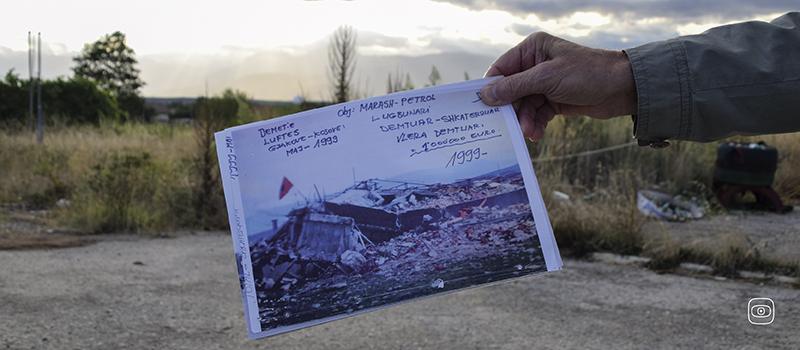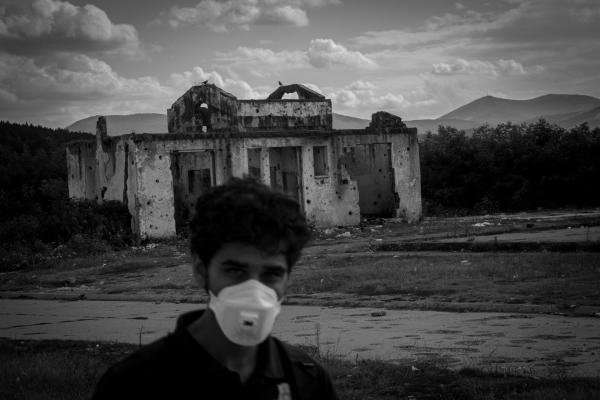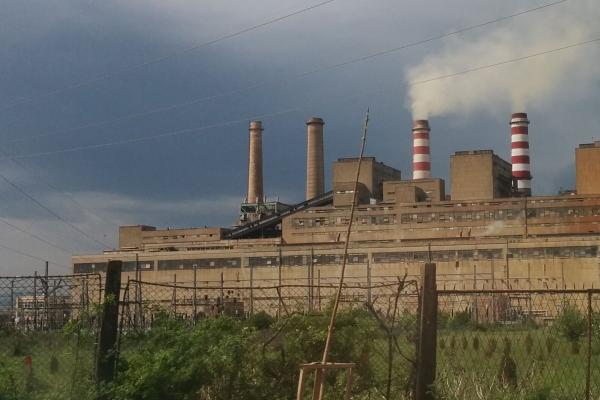Decades later, the contamination caused by depleted uranium is still present. UN resolutions have called on member states that have used this type of ammunition to take responsibility for assisting affected states. They should provide information and facilitate the assessment and clearance of contaminated sites. However, this has not happened in Kosovo. Instead, the topic is being silenced, which hinders thorough research. This causes distrust and concern among the population. While depleted uranium is not highly radioactive, its chemical toxicity poses a significant hazard, affecting freshwater organisms and resulting in long-term health consequences from chronic, low-level exposure.
In the past, many successful lawsuits have been brought by Italian veterans who were exposed to DU. Although a direct link could not be proven, the court ruled that insufficient measures had been taken to prevent harm. Drawing parallels between the situations in Kosovo and Ukraine could help to raise international awareness. Consulting medical experts, government officials, veterans, and individuals living in contaminated areas will encourage transparency and prevention measures. This will also stimulate public debate about the health and ecological impacts of DU.
On the right: Photo by Marjolein Koster






